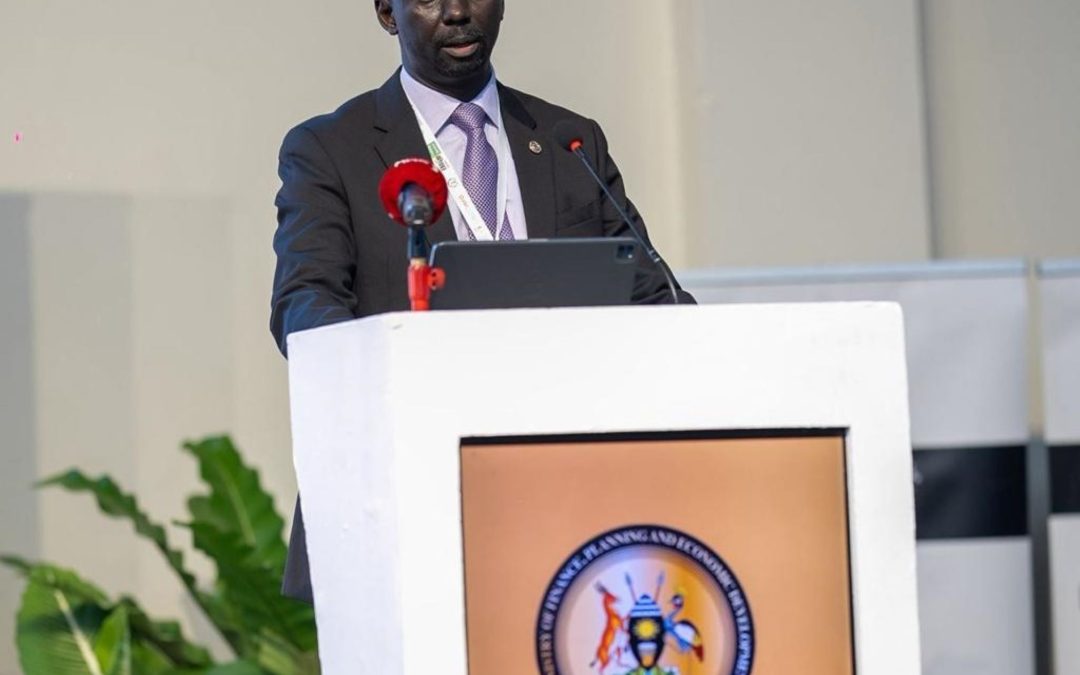As AMFIU we bring together sector players whose mandate is to provide financial services to the economically active poor, targeting vulnerable economic segments like the youth, women, refugees and people with disabilities all the greater population that continue to be excluded from the financial services sector. Apart from the provision of savings and credit, the MFIs/SACCOs also build capacities of their customers in business skills, financial literacy and micro-enterprise management. These trainings have helped in skilling the micro-entrepreneurs to manage their businesses professionally. The Association’s membership has reached over 4,707,540 savers, over 2,052,158 borrowers with a total loan capital deployed in excess of (3.8 trillion shillings) UGX.3,880,575,866,203. Our members operate a combined network of 702 branches in 102 districts.
Despite these efforts, we are cognisant that financial exclusion still remains a challenge and a barrier to economic growth. Based on the 2023 Finscope study, only 64% of the Ugandan population is included in the formal financial services sector. As the theme of the conference today suggests, we must work together as stakeholders with a shared vision to create a cohesive and inclusive financial ecosystem if we are to remove the financial inclusion barriers.
At AMFIU we believe that partnerships are the bedrock of financial inclusion. No single entity can successfully bridge the gap alone. We need a collaborative effort between government, financial institutions, financial technology companies, non-government and community organisations. By working together, we can identify the specific needs of underserved communities, develop innovative solutions, and ensure financial services reach those who need it most.
We also acknowledge that technology unlocks the door to financial inclusion. The provision of digital financial services has enabled the deepening of outreach to even the most remote areas, providing access to savings accounts, microloans, and other essential financial services. But we must be mindful of the digital divide and partnerships are crucial here, to ensure access to affordable technology, digital literacy training, and solutions that cater to those without smartphones or internet connectivity.
The sector acknowledges that Environmental and Social Governance principles must be woven into the fabric of financial inclusion. Climate change, economic development and poverty reduction are linked and therefore, if we are to provide wholistic services to our customers, there’s no way we can ignore any of these aspects. Financial institutions must consider the environmental and social impact of their products and services to their customers if we are to achieve responsible financial inclusion. This means offering eco-friendly financial products, supporting businesses that promote sustainability, and prioritizing gender issues in access to finance. By integrating a wholistic Environmental and Social Governance framework in our operating structures, we can build a financially inclusive system that is also environmentally responsible and socially responsive. My prayer is that the resolutions from this conference will help in further shaping this agenda.
Despite the brilliant job that this sector is doing, it goes without saying that several challenges arise out of these engagements, allow me to highlight a few for your attention:
- The global economic down-turn, coupled with the lingering effects of the covid pandemic have continued to affect the business environment among the micro-entrepreneurs and thereby transferring this risk to the financial institutions. Access to funding has also diminished due to soaring interest rates, which end up trickling down to the consumer. While government established a covid relief fund, it is not readily available as the terms of accessibility are not conducive for most of our member financial institutions. These financial institutions have played a major role for several decades in economically empowering the low-income earners who are their main target. The Micro entrepreneurs play a vital role in the economic growth of the country through poverty alleviation, contribution to GDP, job creation and by satisfying local products and services demand. Barriers to access to finance will diminish their potential contribution to the economy.
- While we are promoting digitization and use of technology, the cost of acquiring the infrastructure is a big barrier because of the heavy initial investment required. Use of the digital platforms by the micro-entrepreneurs is also hampered by the high transaction costs arising from taxes and user fees. These hinderances negatively affect the penetration of digital financial services which would lead to reduced costs for both the financial institutions and the customers and enhance penetration to the hard-to-reach areas.
As I conclude, allow me to extend my sincere appreciation to the Ministry of Finance Planning and Economic Development that has put together this excellent event, the stakeholders that have been involved in organizing the event, the sponsors and to the conference participants for sparing your valuable time to come and be part of this conference.
James Onyutta
Board President, AMFIU and
MD, FINCA Uganda MDI Ltd

